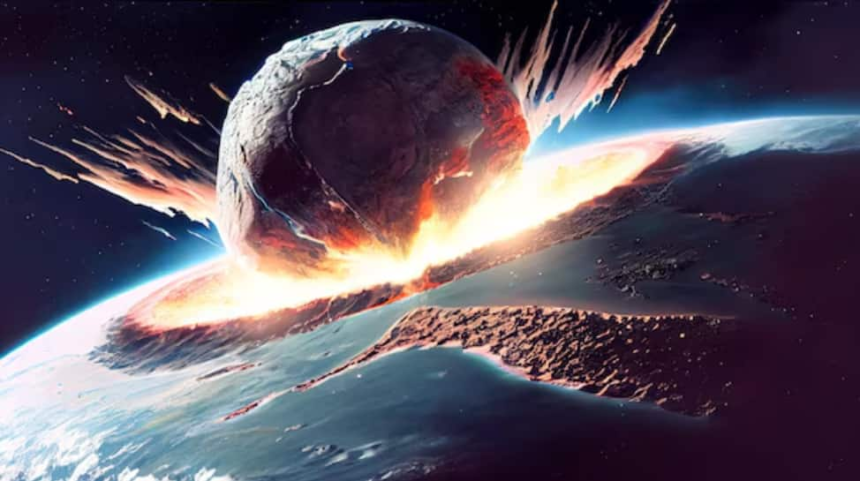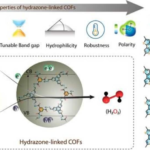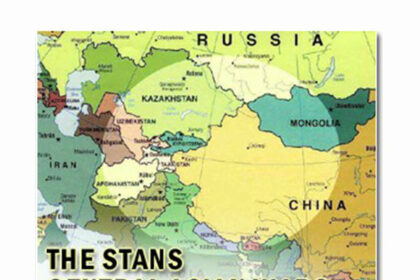3.5-Billion-Year-Old Crater Discovery: A Major Find in Western Australia
A groundbreaking discovery in Western Australia’s Pilbara region has rewritten Earth’s impact history. Researchers at Curtin University and the Geological Survey of Western Australia have identified the world’s oldest known meteorite impact crater, dating back 3.5 billion years.
This ancient impact site, found 40 kilometers west of Marble Bar, indicates that a meteorite struck the area at a staggering speed of 36,000 km/h, creating a crater more than 100 km wide. The immense energy released by the impact sent debris across the globe, altering the planet’s surface and potentially influencing atmospheric and geological conditions.
Professor Chris Kirkland, a leading researcher on the study, believes that such ancient impacts could have played a crucial role in shaping Earth’s environment. The extreme heat and pressure from these collisions may have created hot water pools and hydrothermal systems, which are thought to be essential for the emergence of microbial life.
Additionally, these powerful impacts may have contributed to the formation of Earth’s crust, influencing the development of continents over time.
Published in Nature Communications, this discovery highlights the significant role meteorite impacts played in shaping our planet. It also raises the possibility that many more ancient craters remain undiscovered, waiting to provide further insights into Earth’s formative years.
This breakthrough is a major step in understanding how celestial events have influenced our planet, urging further exploration into Earth’s hidden geological past.
Reference : https://zeenews.india.com/science-environment/3-5-billion-year-old-crater-discovery-sheds-light-on-earths-ancient-impact-history-2869325.html







